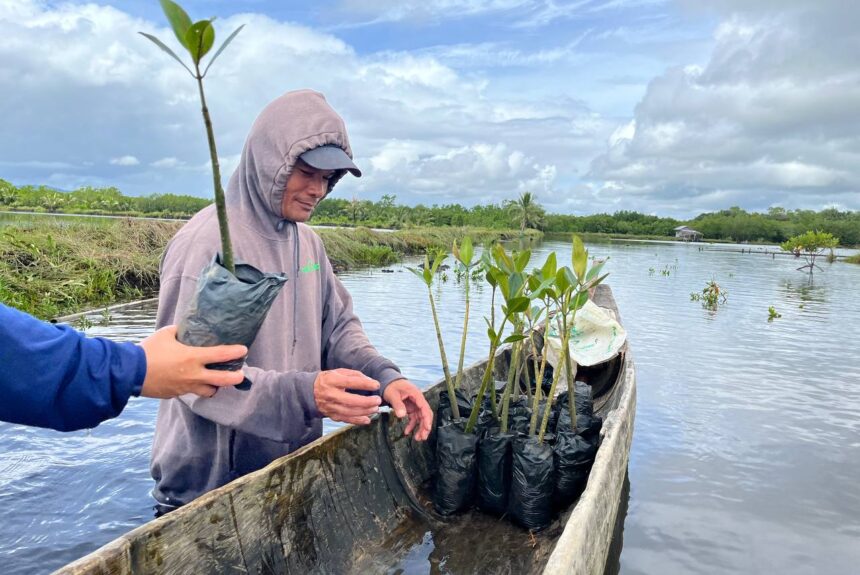#FieldStories: We invited our Field Officer, Bianca, to share her learnings in Oceanus Conservation and working alongside people and nature. I am Bianca, a Field Officer for Oceanus’ AI/Machine Learning-Powered Digital Monitoring of Mangrove Ecosystems in Surigao del Sur, Philippines Project. As a Field Officer, I am tasked with conducting on-the-ground work such as collecting mangrove data and facilitating the rehabilitation work. My role extends beyond the technical aspects of mangrove rehabilitation and conservation. It is about fostering genuine connections, engaging in meaningful conversations, and building relationships that are the lifeblood of this project. From educating the community on effective...
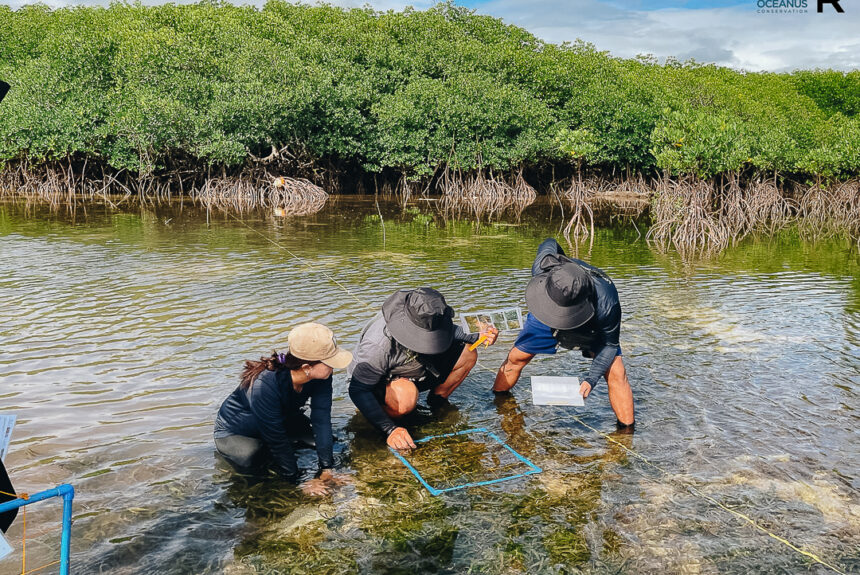
Empowering Coastal Communities: Project MaSANAYAN strengthens marine conservation in the Philippines
Oceanus Conservation is dedicated to empowering coastal communities as they take on a crucial role in safeguarding marine ecosystems. Through Project MaSANAYAN—short for Mangrove and Seagrass Advocacy for Nurturing Awareness and Youth Action in Nature—Oceanus, in partnership with the Rumah Foundation, is supporting local conservation efforts in key coastal areas across the Philippines. Building Local Conservation Capacity The project aims to strengthen the capacity of community leaders and youth advocates in coastal towns such as Aringay, La Union; Bais City, Negros Oriental; and Cagwait, Surigao del Sur, equipping them with essential skills to monitor and protect blue carbon habitats like mangroves and seagrass. By involving both experienced community leaders...

Growing Futures: Exploring Livelihood through Mangrove-Based Non-Timber Products
For the past five years, Oceanus Conservation has been at the forefront of mangrove restoration and conservation in the Philippines. As one of the pioneering NGOs in this field, many see restoration efforts as a simple act of planting trees, efforts have often prompted the question: “After all the planting, what will we gain?” Why Non-Timber Mangrove Products? This question found a powerful answer in the launching of first-ever training in the Philippines that focused on non-timber products from mangroves titled as, “PAG-USWAG SA KATUNGGAN: Training on Sustainable Non-Timber Mangrove-based Products” which brought together 24 participants coming from our four...
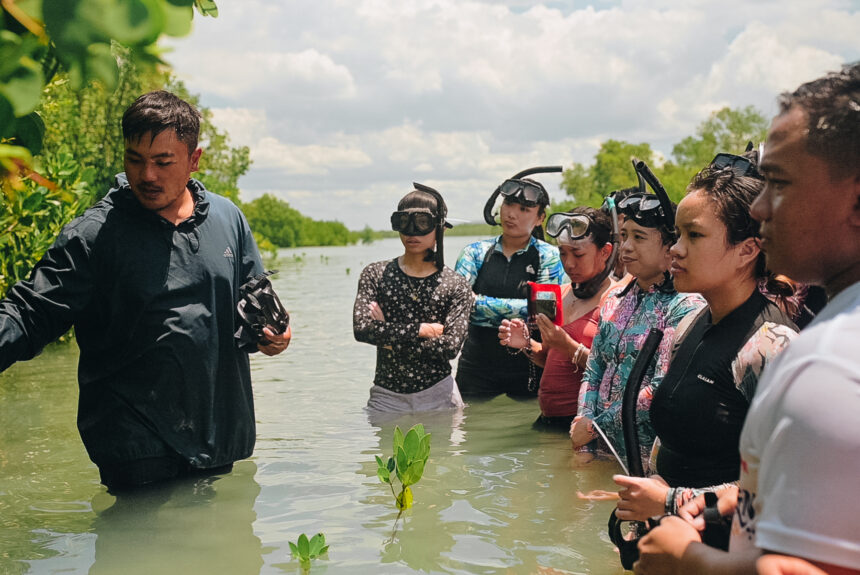
The power of community: reflections from a field officer
One morning, before heading out for another day of work in the muddy fishponds which I consider my office, I was encouraged to join the Generation of Sea and Earth Advocates (GenSEA) camp. In the program, I saw “project pitching” and immediately thought, “Is this like Shark Tank?”. So without much thinking, I said yes. A few weeks later, straight from our site in Surigao del Sur (check out the work we’re doing there) I arrived in Nasugbu, Batangas. There it hit me – this would be my first time attending a conference in the marine science space, and I’d...

Security Bank Grows Resilient Communities with Mangrove Restoration Effort
Press Release: A Sustainable Commitment to Coastal Protection and Livelihood La Union, Philippines—In celebration of “Month of the Ocean”, Security Bank has taken a bold step toward environmental sustainability by planting 940 native mangrove seedlings alongside the Dulao Fishpond and Fishpen Producers Cooperative, in collaboration with Oceanus Conservation and Communities for Nature. This initiative marks the first year of Project MITHI, which is currently at 4940 planted seedlings out of 10,000 mangrove seedlings to strengthen coastal ecosystems and community resilience. The volunteer-driven initiative saw 43 Security Bank employees from nine branches—including representatives from the Head Office and locations in La...
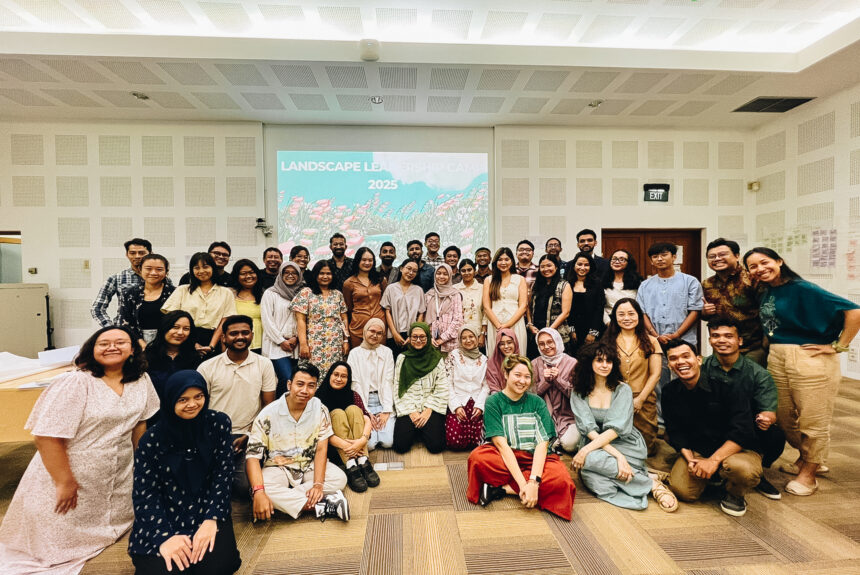
Staying Open: Lessons from the Asia Landscape Leadership Camp in Bogor
By: Emmanuel Cababarros Jr. On April 21–23, I had the privilege of attending the Asia Landscape Leadership Camp in Bogor, Indonesia—an experience that deeply shaped my perspective on conservation and leadership. As the Project Leader at Oceanus Conservation and a member of GLFx Mindanao, this was not just my first time traveling abroad but also one of the most impactful learning journeys I’ve had. Building Leadership for Sustainable Landscapes Held at CIFOR-ICRAF, the camp was organized by the Global Landscapes Forum (GLFx) to bring together young landscape leaders across Asia. It provided tools, connections, and perspectives to strengthen our leadership, ensuring it is rooted in community, justice, and sustainability....

Biodiversity on Lens: Youth Citizen Science in Action
The role of youth in environmental conservation is becoming increasingly vital. Citizen science is one of the most effective tools for engaging young people in hands-on environmental conservation work. One exciting initiative under the Global Landscape Forum (GLFx) Mindanao Chapter is the Biodiversity on Lens: Youth Citizen Science in Action. This initiative brought together youth participants from all over the Philippines to learn, identify, and document species! Through this activity, 22 enthusiastic participants from provinces across the Philippines engaged in meaningful conservation efforts! With the guidance of expert facilitators, participants learned how to use citizen science tools like iNaturalist. They...
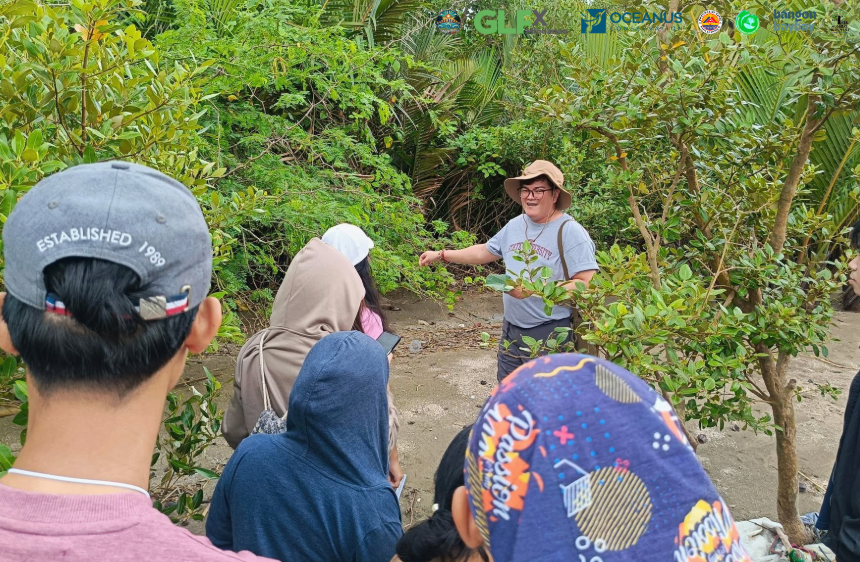
“BayBayanihan sa Capiz”: What Happens When Youth Lead the Charge for Climate Action?
In the face of rising sea levels and environmental degradation, a movement is taking root in Capiz—one driven by the passion and determination of young leaders. Certainly, BayBayanihan sa Capiz: Climate Awareness & Action Workshop isn’t just a workshop; it’s a movement for climate resilience that empowers youth with the knowledge, skills, and hands-on experience to create real change in their communities. Oceanus Conservation and Global Landscapes Forum (GLFx) have been proud partners in empowering communities and strengthening grassroots conservation efforts. This activity is part of the GLFx Mindanao Chapter Internship Program. Empowering 44 Capiznon Youth for Conservation and Climate...
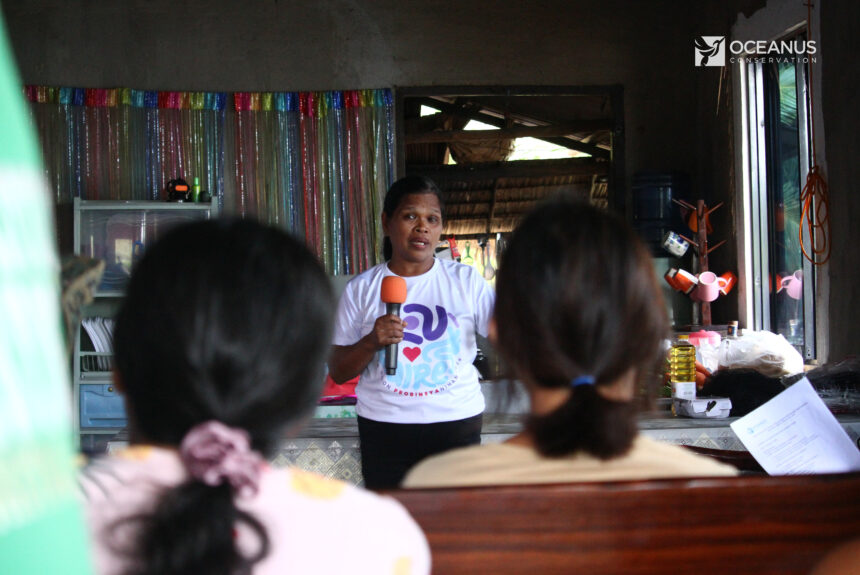
Women Empower Women: Strengthening Livelihoods in Surigao del Sur
Last February, the Bitaugan West Fisherfolk Association in Surigao del Sur participated in a livelihood project – Bangus Products Processing training, with most of the attendees being women. This initiative, supported by Oceanus Conservation and the Blue Marine Foundation, aims to provide sustainable livelihood opportunities while reinforcing the restoration of mangrove ecosystems. The milkfish used in this training (and in the kickstart of this livelihood project) are grown around the very mangrove forests that Oceanus is working to rehabilitate, ensuring that conservation and community development go hand in hand. Passing on Local Knowledge One of the most inspiring aspects of...
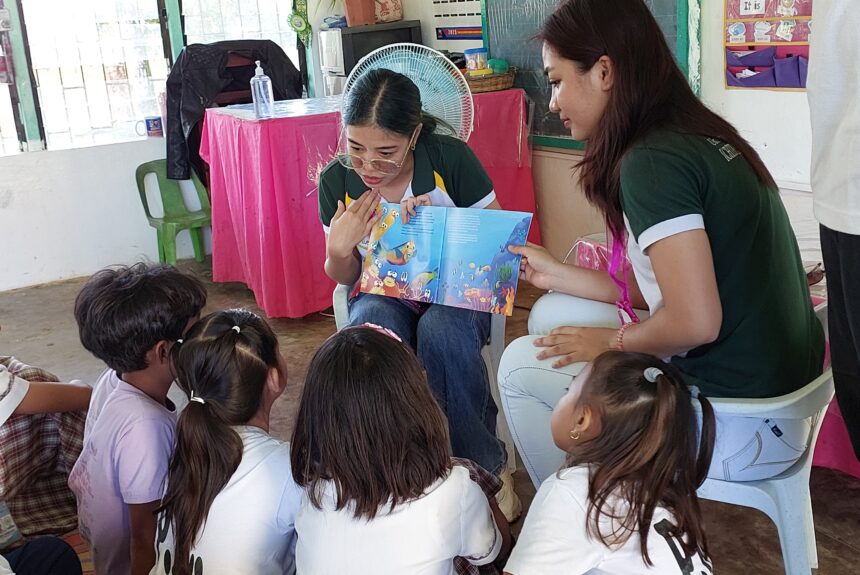
Ocean Adventures with Cory reaches young learners in Guimaras!
Last January 24, 2025, the UP Ichthyophilic Society (UPIS) and Oceanus Conservation joined forces in Guimaras, an island province in the Philippines located in the Western Visayas region, for a meaningful event dedicated to raising awareness and deepening young people’s understanding of coral reefs. Hosted at the Fiscal Jose M. Zambarrano Sr. Memorial School, this storytelling and donation drive brought together a diverse group of participants. This includes UPIS members, local government representatives, teachers, and, most importantly, 59 enthusiastic students! All were eager to learn about and connect with the wonders of coral reef ecosystems. A Collaborative Effort The event...
